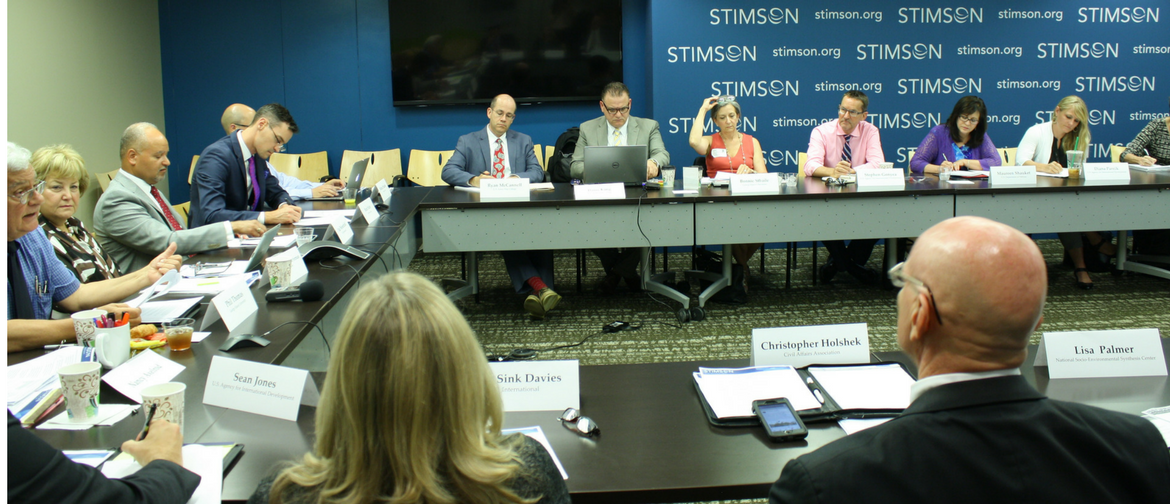The Challenge
Food security is a growing global challenge. Nations most impacted by food insecurity often suffer from weak governance, frequent conflicts, or outright war. Four famines in Syria, Yemen, Somalia, and South Sudan underscore this challenge. Environmental degradation caused by climate change has further increased the risk of armed conflict over scarce resources. The resulting conflicts have dismantled decades of investments in development in each of these countries. Ongoing conflicts and reconstruction efforts have also pushed the U.S. military to move beyond delivering humanitarian assistance to support food security, which places them into roles that sometimes overlap with those of the development sector. Understanding the intersection of food security and national security is a central focus for the Stimson Center.
“Improving food security is the ultimate preventative medicine for conflict and the best prospect for sustainable peace.”

Our Approach
In 2017, with support from RTI International, we convened three sessions that mobilized military and civilian agencies capable of addressing the threat of food insecurity. In conjunction with George Mason University, we helped orchestrate a Global Food Summit offering an in-depth examination of food and national security and bringing together the public and private sectors to identify threats and promote pragmatic solutions.
Through this collaborative process, stakeholders reflected on the opportunities and challenges they face in promoting food security and gained new perspectives from their counterparts. We also worked closely with the emerging technology sector to identify challenges and propose opportunities to apply innovation to address acute global threats like food insecurity.
Our Impact
Food shortages and poor allocation of resources historically presuppose societal discontent, economic downturn, and political change, all of which are known triggers for conflict. At the same time, sustained violence consistently fuels the same shortages and famines.
Stimson’s continued engagement with policymakers has resulted in a newly mandated Global Food Security Report as part of the 2018 Defense Appropriations Bill that will be prepared for the Department of Defense over the coming year.
Improving food security is the ultimate preventative medicine for conflict and the best prospect for sustainable peace. We will continue to work with the military, nonprofits, academia, and civil society to explore the nexus of food security and national security.

